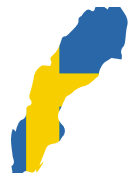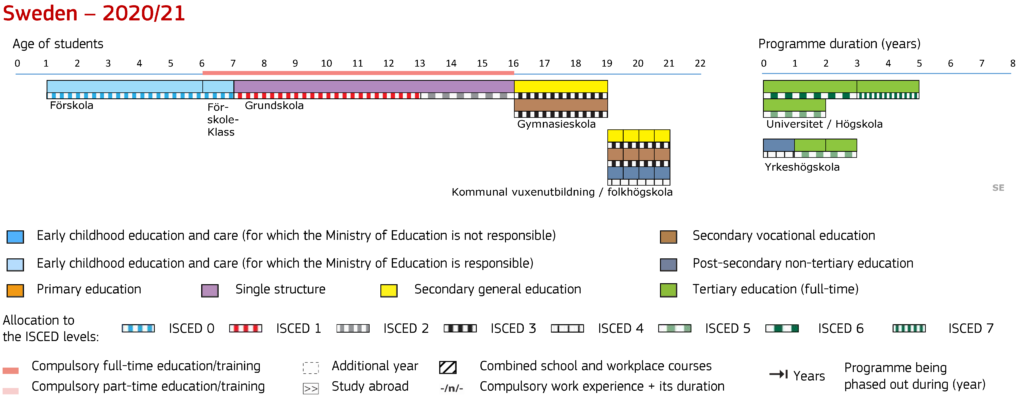-
1. Home
-
2. Contents
-
3. President's Foreword
-
4. Introduction from the editors
-
5. Belgium (Flanders)
-
6. Estonia
-
7. France
-
8. Hungary
-
9. Ireland
-
10. Kosovo
-
11. Luxembourg
-
12. Montenegro
-
13. Netherlands
-
14. Norway
-
15. Scotland
-
16. Serbia
-
17. Slovenia
-
18. Sweden
-
19. Imprint
Open magazine

 SWEDEN
SWEDEN



